Buying A Walk-Up Apartment In Singapore? Don’t Overlook The Shops Below – Here’s Why
April 29, 2025
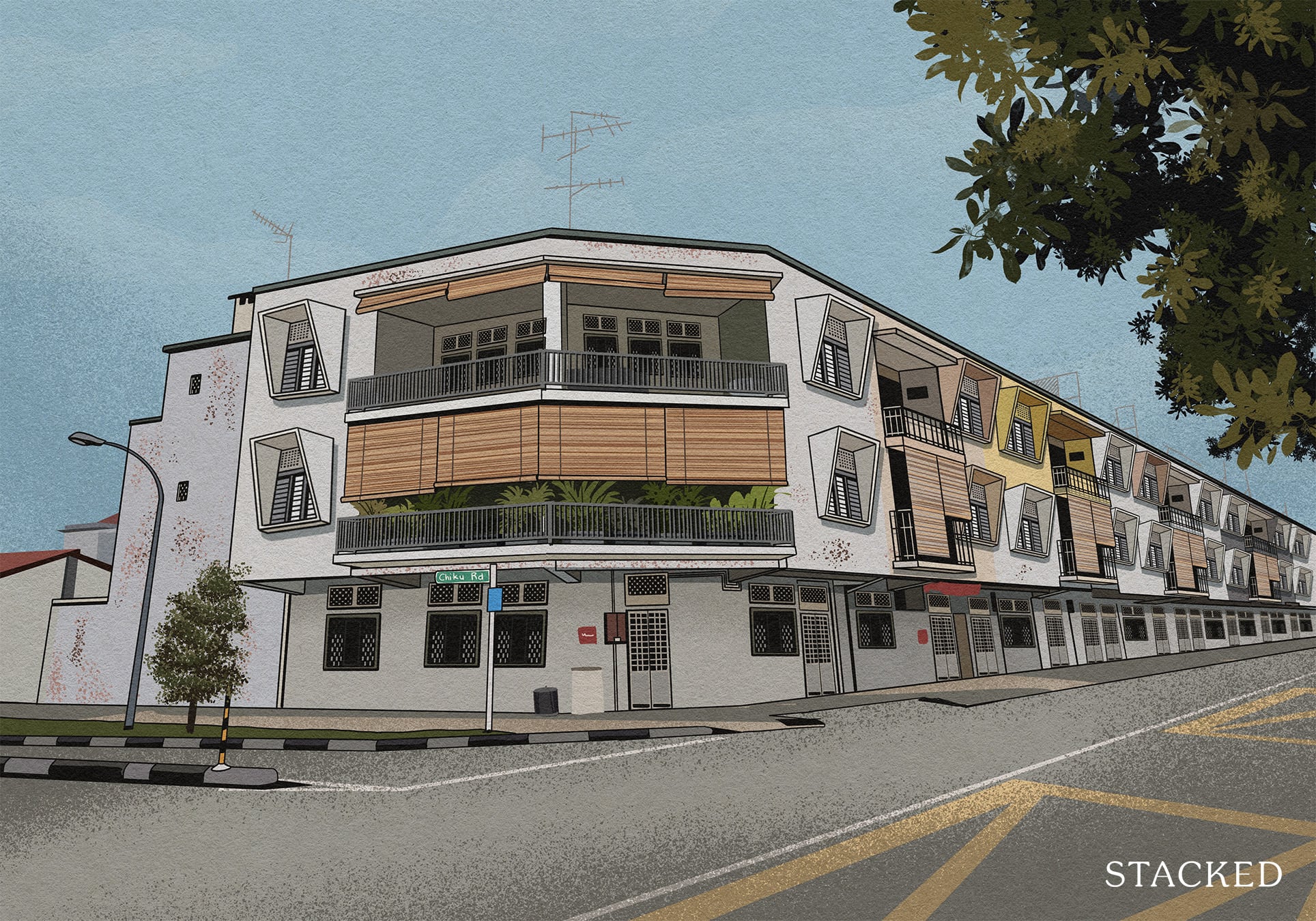
It’s not uncommon to have commercial spaces below walk-up apartments. These are often overlooked by buyers, who typically focus on other details like layouts and nearby transport; but that can be a mistake. The type of commercial business downstairs also has a significant impact: first on your comfort and convenience, and second on the unit’s attractiveness to future buyers and tenants. Here are some of the factors to know about:
1. Coffee shops, cafes, and eateries are both a plus and a minus
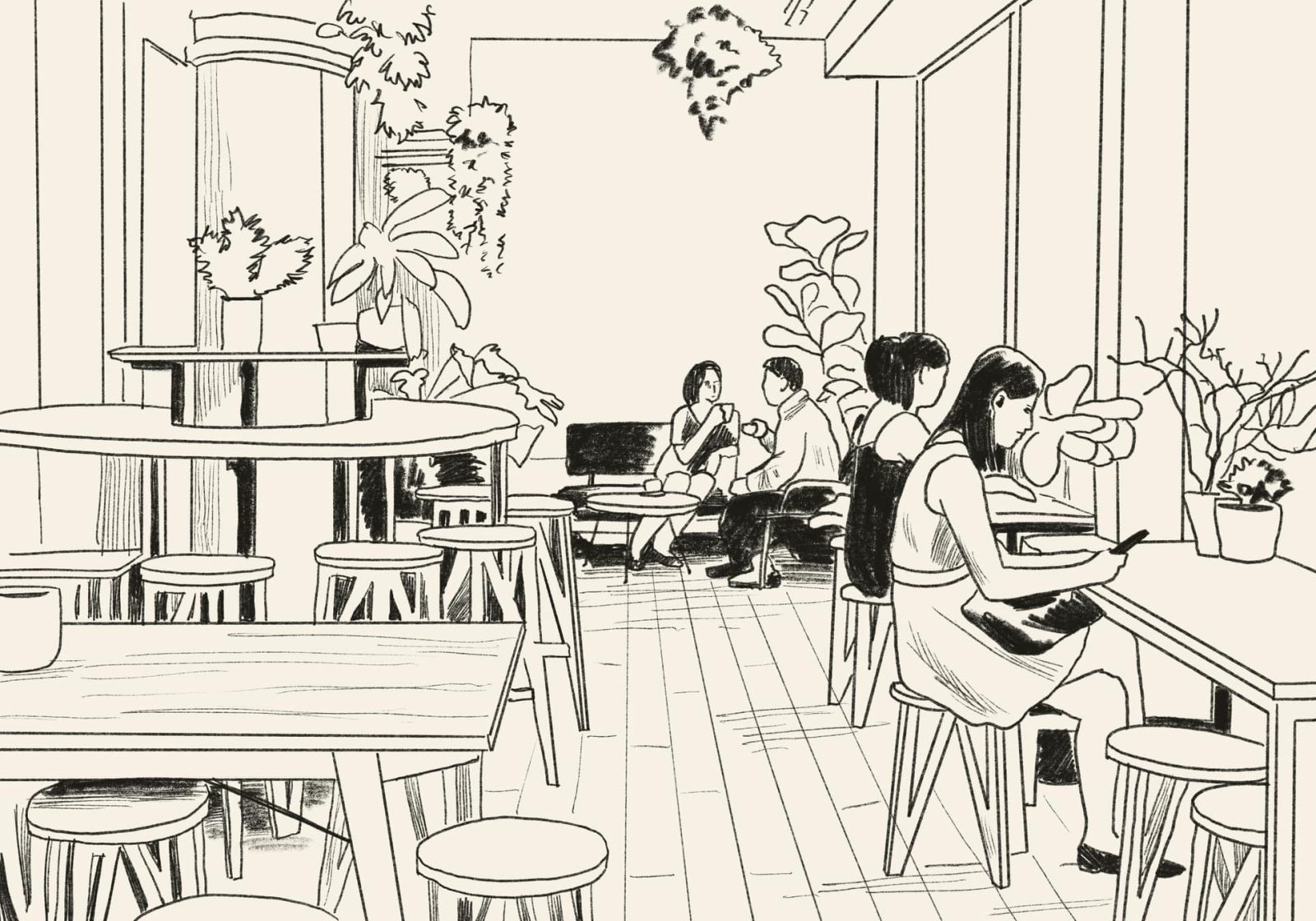
First, consider whether the eatery is of day-to-day use to you. A fancy Italian restaurant is probably of lower daily convenience than a coffee shop or other local food option; most home buyers would prefer the latter. However, this leads to a second consideration:
If it’s a popular eatery, like a coffee shop or prata place for the nearby homes (common in landed enclaves), that can also mean higher noise levels. This is especially true if it’s open till late. One of our readers, YP, issues this warning:
“It’s convenient to have a supper place downstairs, but mine has a Chinese restaurant that opens till 4 am. Fridays and Saturdays are the worst, because from around 8 pm to almost 1 am it will stay noisy, I can hear it from my living room.”
Some realtors also said it’s important to note the cleanliness of the eatery: in a low-rise like walk-up apartments, any vermin like cockroaches, rats, etc., will affect the units above as well. For this reason, some buyers prefer that there are no food-based businesses below their unit*.
*This can also apply to some HDB properties
2. Pawn shops and moneylenders
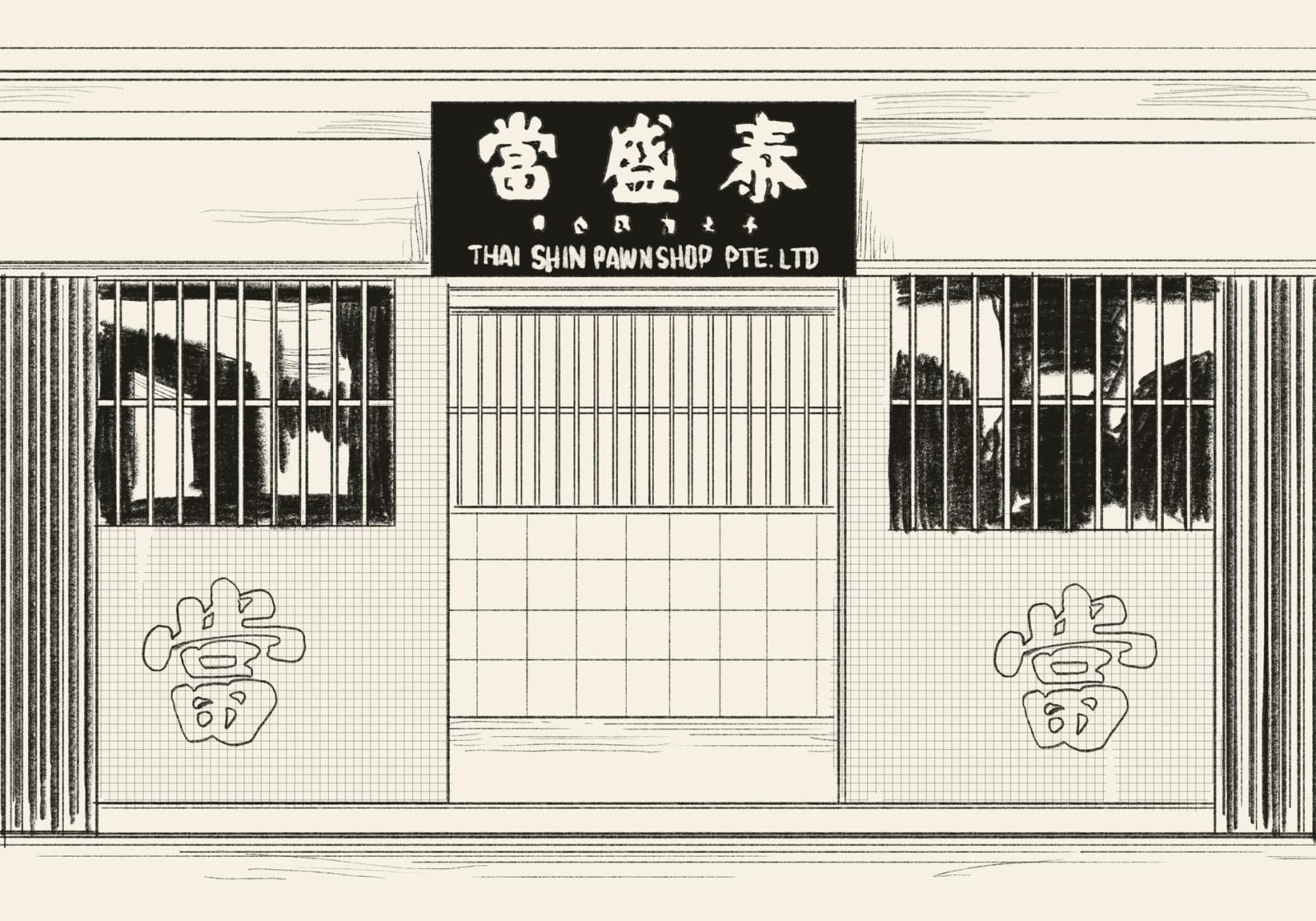
While most buyers don’t bat an eyelid, we’ve been warned by realtors that some buyers do care – and this could affect resale prospects. This has to do with taboos: some consider it inauspicious to live above a business that deals in debts, or that may involve financial desperation.
Another realtor we spoke to had a theory about this: he said that moneylenders and pawn shops, in the past, tended to set up in more impoverished neighbourhoods. This may have created a psychological link between the presence of such businesses and areas with lower property values, and this can affect the prospective buyer pool.
3. Studio offices (e.g., interior design studios, photography studios)
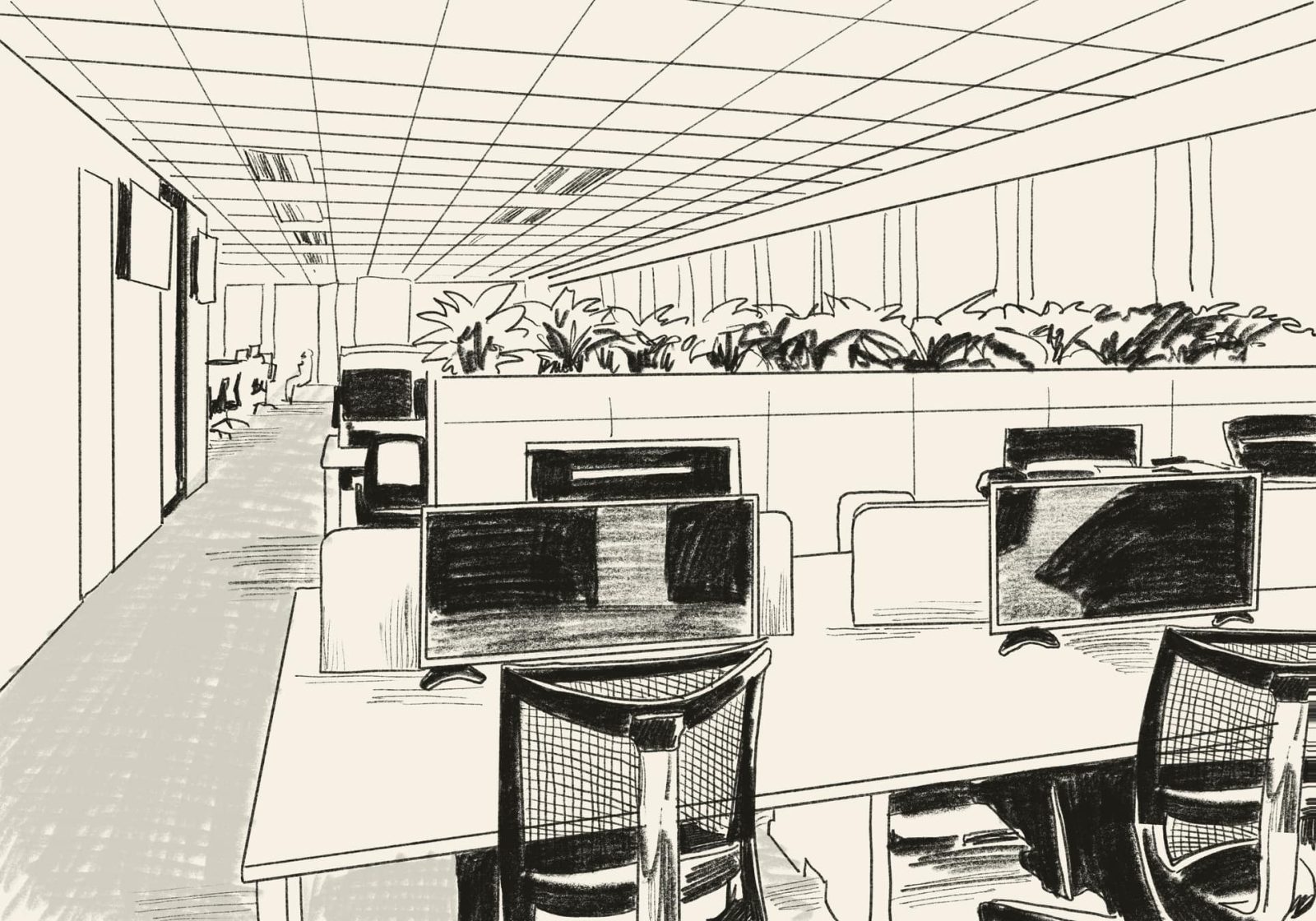
According to realtors, these are preferred by most buyers, even if they’re not an amenity. These tend to be the quietest businesses: the surrounding enclave won’t congregate around your unit, as they might a bakery or cafe. They also operate on office hours (usually), so they’re probably closed by the time you get back from work.
The only drawback is that these do nothing for you in terms of convenience.
4. KTVs or bars

Unless you’re a regular patron yourself, most buyers would consider this a downside. These establishments open all night, and loud noises or drunk patrons (or outright fights, as was once common in places like Golden Mile and Orchard Towers) make for an unpleasant environment.
One realtor also told us about a walk-up above such a unit, where a prospective buyer happened to see a police raid on illegal hostesses during a viewing. You can probably guess that the buyer looked elsewhere.
More from Stacked
So many readers write in because they're unsure what to do next, and don't know who to trust.
If this sounds familiar, we offer structured 1-to-1 consultations where we walk through your finances, goals, and market options objectively.
No obligation. Just clarity.
Learn more here.
4 Potential Residential En Bloc Sites That Could Be Worth Watching In 2025
Despite the tough global trade war, developers seem to be confident in 2025. This is perhaps spurred by the strong…
5. Workshops, hardware stores, and galleries
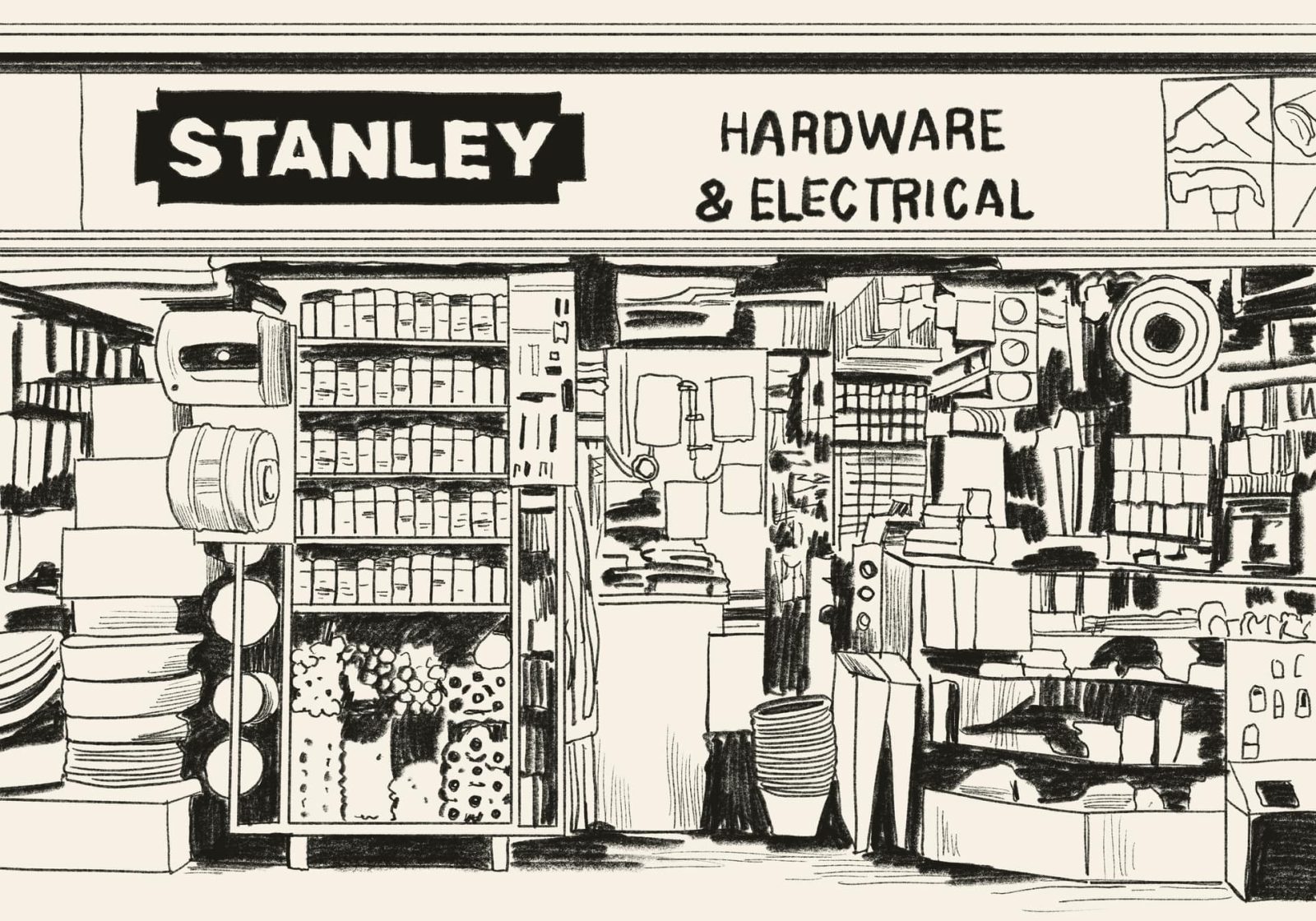
According to realtors, these businesses are okay to have downstairs if you work in an office, but less so if you Work From Home. This is because they tend to get noisier during nine-to-five business hours (or some variation thereof).
Besides dealing with customers, these businesses tend to receive and send out a lot of deliveries; expect to hear vans, lorries, and bikes coming to and fro quite often. There’s also a possibility of certain odours, like oil and other chemical smells, if it’s a business like a motorcycle shop.
You might also want to check their opening hours on the weekends: ideally, they’re closed so you can sleep in (without being woken by someone yelling from a lorry at 9 am). Otherwise, they might at least open for shorter hours.
6. Salons and Beauty Parlours (NOT massage parlours)
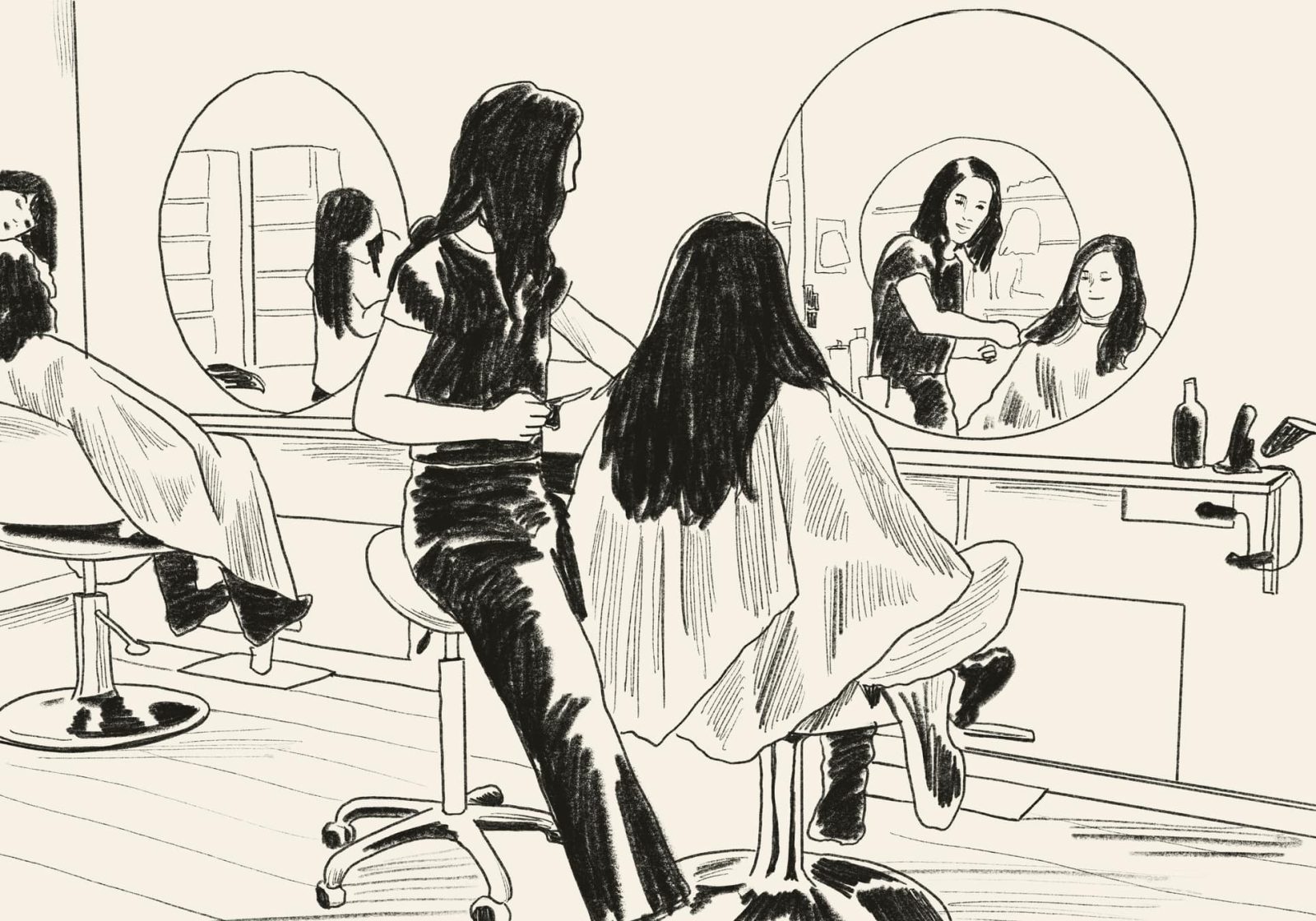
These tend to be viewed quite favourably as well, partly because they might provide an amenity (if they do a good job), and partly because the noise levels tend to be low. Most also operate on regular working hours, so even the little noise they make, like the sound of multiple hair dryers going off, is mostly done by the time you get home from work.
While they do draw customers, it’s usually not as large a mob as a coffee shop or restaurant; so this is overall a pretty good business to have downstairs.
If it is a massage parlour of a dubious sort (e.g., scantily clad people and dark rooms), it’s best avoided – this will completely disqualify your unit as a family location, and it can attract police raids.
7. Tuition or enrichment centre

These are considered a mixed bag. While they’re quiet and operate during office hours, the behaviour of the students is what matters. One homeowner, who lives above a branch of a famous tuition centre, says it can get disruptive:
“For some reason, the students are not allowed to stay on inside the centre after lessons, so they wait outside. Even though there are chairs there, they won’t use them – they will hang around in the stairwell, and sometimes they will scream and shout. It’s not all of them, but some batches.”
The same homeowner, however, adds that she didn’t have this issue at her former home, which was also above an education centre.
Realtors we spoke to were also neutral about this, and some considered it a huge plus point for families with children. Although again, that comes down to whether the enrichment/tuition is for a subject relevant to them.
While details like location and public transport access matter, do pay attention to the commercial units downstairs; and keep in mind they can change over time. If you need help or advice for niche purchases like walk-up apartments, reach out to us at Stacked.
At Stacked, we like to look beyond the headlines and surface-level numbers, and focus on how things play out in the real world.
If you’d like to discuss how this applies to your own circumstances, you can reach out for a one-to-one consultation here.
And if you simply have a question or want to share a thought, feel free to write to us at stories@stackedhomes.com — we read every message.
Ryan J. Ong
A seasoned content strategist with over 17 years in the real estate and financial journalism sectors, Ryan has built a reputation for transforming complex industry jargon into accessible knowledge. With a track record of writing and editing for leading financial platforms and publications, Ryan's expertise has been recognised across various media outlets. His role as a former content editor for 99.co and a co-host for CNA 938's Open House programme underscores his commitment to providing valuable insights into the property market.Need help with a property decision?
Speak to our team →Read next from Homeowner Stories

Homeowner Stories We Could Walk Away With $460,000 In Cash From Our EC. Here’s Why We Didn’t Upgrade.

Homeowner Stories What I Only Learned After My First Year Of Homeownership In Singapore

Homeowner Stories I Gave My Parents My Condo and Moved Into Their HDB — Here’s Why It Made Sense.

Homeowner Stories “I Thought I Could Wait for a Better New Launch Condo” How One Buyer’s Fear Ended Up Costing Him $358K
Latest Posts

Singapore Property News Singapore Could Soon Have A Multi-Storey Driving Centre — Here’s Where It May Be Built

Singapore Property News Will the Freehold Serenity Park’s $505M Collective Sale Succeed in Enticing Developers?
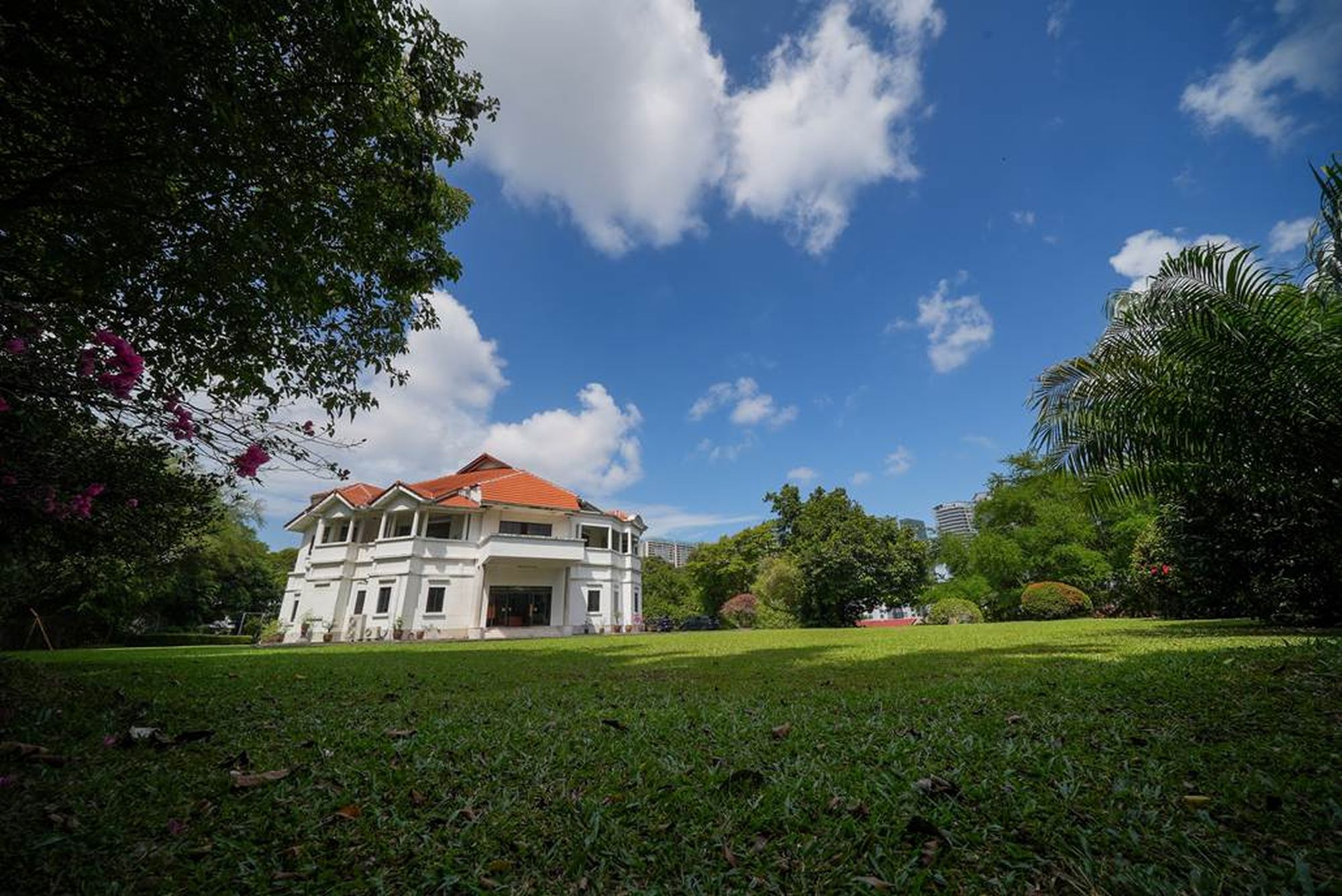
Singapore Property News You Can Now Buy Part Of A $300M Singapore Bungalow — But You Can’t Live In It


























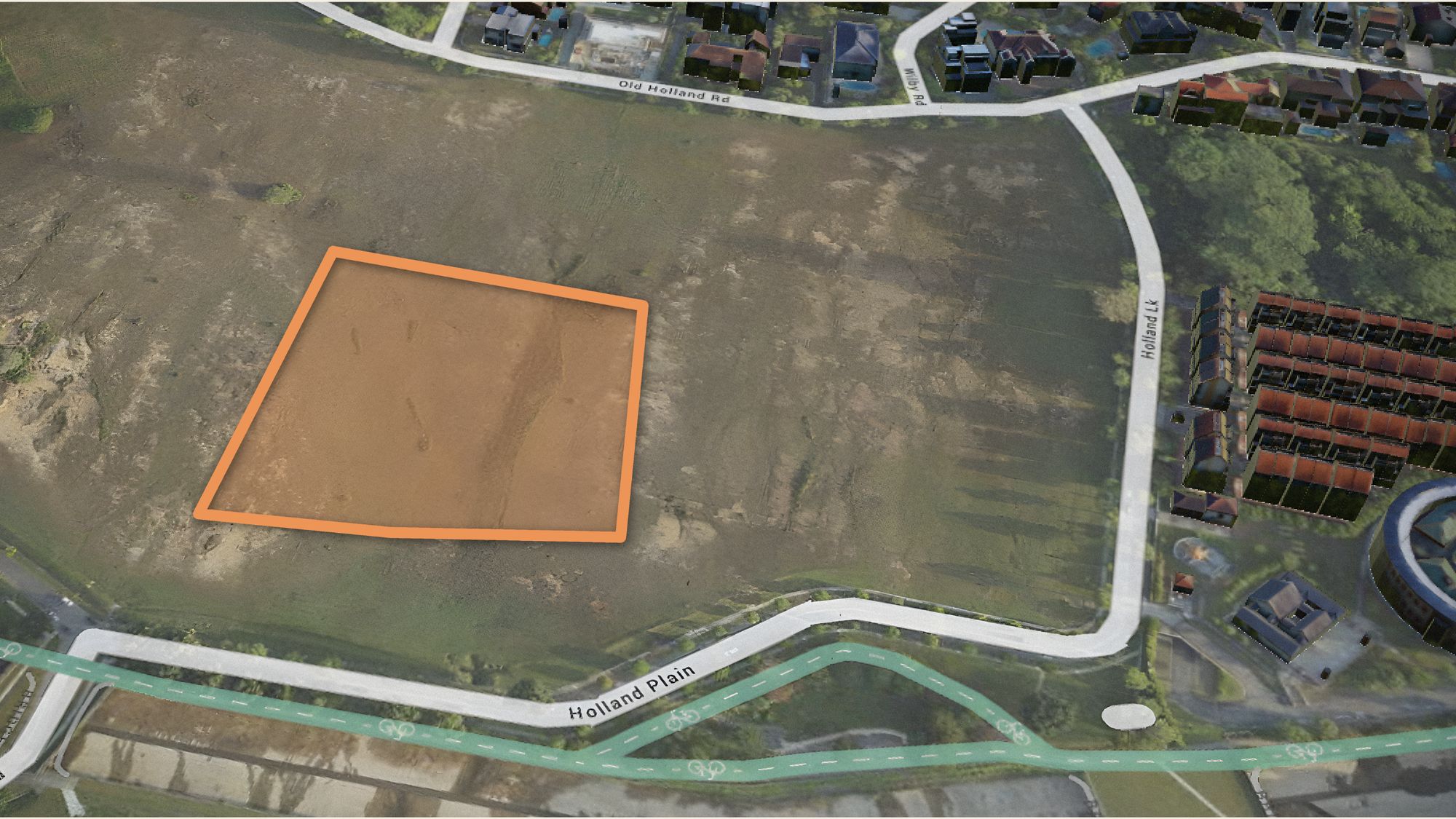








0 Comments